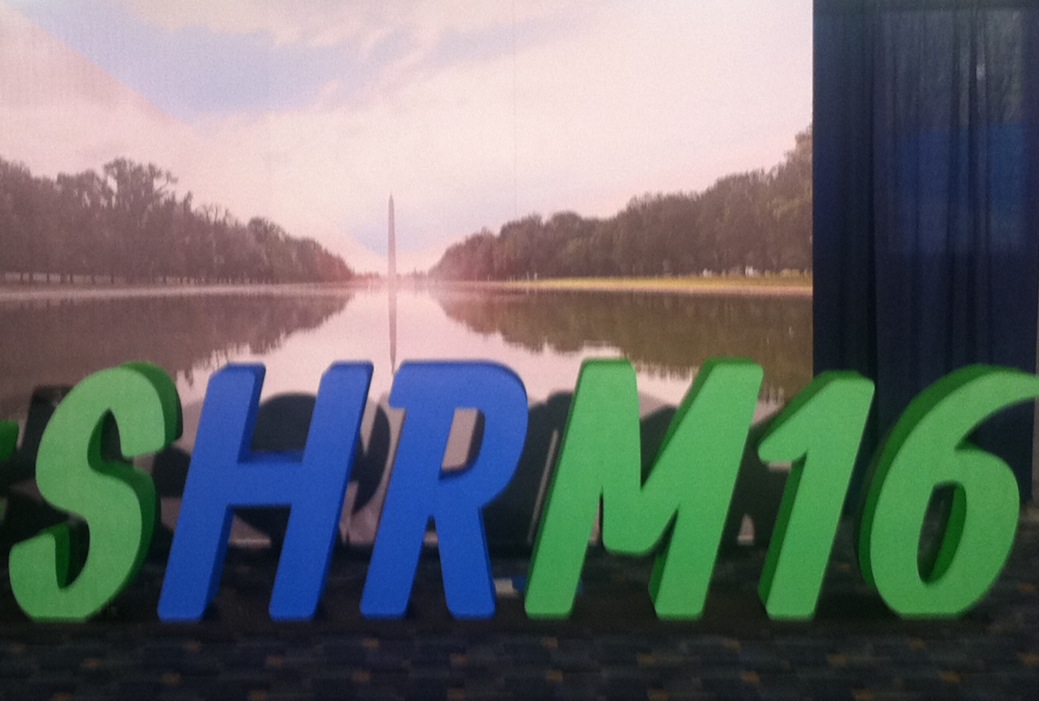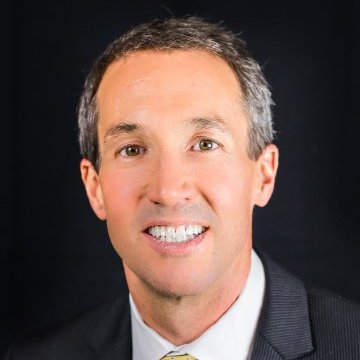
MANAGEMENT / STRATEGY
1. EMPLOYEE FEEDBACK. “Until we reward people for disagreeing with us, we won’t get the truth from them … you can have disagreement or you can have dishonesty.” – Joe Gerstandt, author, Social Gravity
2. TRAINING MANAGERS. “The worst thing organizations can do is hire or promote the most technically competent person to management and not set them up for success.” – Sharlyn Lauby, president, ITM Group
3. BODY LANGUAGE. “Pay attention to how you hold your body. Are you hunching your shoulders? Or are you holding them back and down? Are you crossing your arms and holding yourself? … It comes down to this one dimension—expansion vs. contraction.” – Amy Cuddy, Harvard Business School professor
4. DISCIPLINE WRITE-UPS. “Whenever possible, include the employee’s response to your warning. This documents that you listened to the employee’s side of the story and it makes you look good in the eyes of the law.” – Paul Falcone, author of 75 Ways to Hire, Develop and Keep Great Employees.
documents that you listened to the employee’s side of the story and it makes you look good in the eyes of the law.” – Paul Falcone, author of 75 Ways to Hire, Develop and Keep Great Employees.
EMPLOYMENT LAW
5. HARASSMENT. “Harassment is harassment, regardless of how it’s communicated—face-to-face, email, texting, Facebook, Twitter, YouTube—and the same rules apply.” – Joe Beachboard, Ogletree Deakins
6. POLITICAL TALK AT WORK. “Employers cannot have policies that prohibit all political discussions, as this is considered protected concerted activity … But it is important for employers to monitor such discussions to ensure that they do not lead to bullying or threatening behaviors between employees.” – Edward Yost, SHRM employee relations
7. ACCOMMODATING DISABILITIES. “Claiming an accommodation costs too much is almost always a loser in court. The jury doesn’t care about that. Instead of focusing on financial cost, focus on the resulting impact on the co-workers [such as extra hours that need to be worked].” – Pavneet Uppal, Fisher & Phillips
8. IMMIGRATION. “It doesn’t matter who wins the presidency. I think we’re going to see a clampdown on employer-based immigration.” – Michael Aitken, SHRM’s VP of Government Affairs
9. PRE-HIRE TESTING. “Never assume that someone cannot perform the essential functions of the job … that is the biggest mistake employers make with the ADA.” – Shayna Balch, Fisher & Phillips
10. H ARASSMENT TRAINING. “For [training] to matter, employees have to feel their leaders are being authentic … They have to believe that leaders mean what they say when they claim to want to stop harassment … We’re trying to change behaviors. The best way to do that is to create a culture where it’s just not cool to sexually harass someone or racially harass someone.” – Chai Feldblum, EEOC commissioner, speaking about the EEOC’s new Study on Harassment in the Workforce, which said corporate training has had virtually no effect on the amount of workplace harassment in the past 30 years.
ARASSMENT TRAINING. “For [training] to matter, employees have to feel their leaders are being authentic … They have to believe that leaders mean what they say when they claim to want to stop harassment … We’re trying to change behaviors. The best way to do that is to create a culture where it’s just not cool to sexually harass someone or racially harass someone.” – Chai Feldblum, EEOC commissioner, speaking about the EEOC’s new Study on Harassment in the Workforce, which said corporate training has had virtually no effect on the amount of workplace harassment in the past 30 years.
11. EMPATHY AS A LEGAL STRATEGY. “When people come to HR, first and foremost they are coming to you because they need help. Just put yourself in their shoes for a moment. Quite often, that is one of the easiest ways to save yourself a lot of legal trouble.” – Louis Lessig, Brown & Connery
12. HR INVESTIGATIONS. “A lot of people will tell you an investigator’s job is to uncover the truth. It’s not about the truth, because everybody has their own ‘truth.’ Our job as investigators is to find out what happened. They’re not the same.” – Allison West, Employment Practice Specialists
STAFFING / COMPENSATION
13. INCENTIVE PLANS. “Is your organization’s culture ready for an incentive plan? Some cultures are competitive; some are collaborative. It’s important to identify your culture before you decide which incentives to offer employees.” – Karen Vujtech, managing director, Total Rewards Consulting
14. WELLNESS. “Too many wellness programs are focused on competition [walking competit ions, etc.] … Let’s focus on helping our employees get healthier.” – Brad Cooper, CEO, US Corporate Wellness. Cooper noted examples of employer-run FitBit walking competitions in which workers have been caught cheating by attaching their FitBits to a dog’s leg (and then playing fetch) or even attaching it to a fan blade to falsely increase their number of “steps.” “There’s always a way to cheat,” said Cooper. “So it’s important to focus on the meaning of the event, not just the competition.”
ions, etc.] … Let’s focus on helping our employees get healthier.” – Brad Cooper, CEO, US Corporate Wellness. Cooper noted examples of employer-run FitBit walking competitions in which workers have been caught cheating by attaching their FitBits to a dog’s leg (and then playing fetch) or even attaching it to a fan blade to falsely increase their number of “steps.” “There’s always a way to cheat,” said Cooper. “So it’s important to focus on the meaning of the event, not just the competition.”
15. RECOGNITION. “Sixty-five percent of American workers said they received no appreciation all last year for the good work they had done. Yet, the second most important thing people want from their jobs is full appreciation.” – Barbara Glanz, Barbara Glanz Communications
16. RECRUITING. “CEOs say the No. 1 challenge facing companies today is talent — acquiring it and retaining it. So how do we acquire and retain the right talent? The key to success is differentiation.” – Matt Kaiser, recruitment strategy manager, Ericsson
